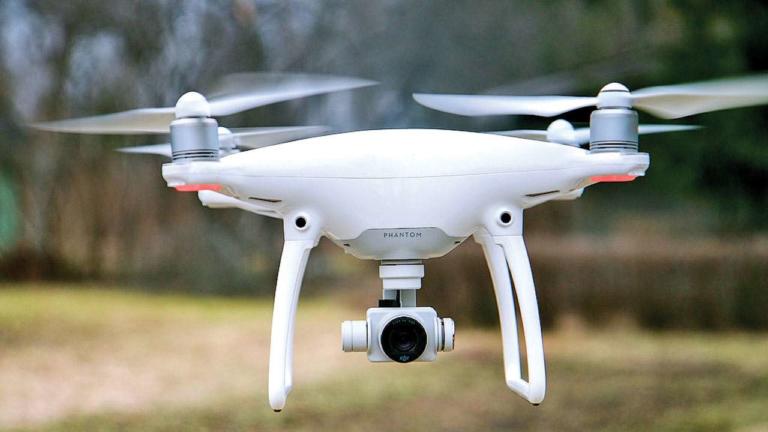Medical drones have the potential to greatly expand the reach of healthcare sectors across Africa. Despite the cost of these new technologies and the funding challenges many national health services face, Edwin Ambani Ameso and Gift Mwonzora write that the benefits outweigh the costs.
The spectre of Artificial Intelligence is spreading across the health sector and is on the cusp of revolutionising the industry. This has ignited fears of the replacement of care staff and workers with robots. On the other hand, AI has many potential benefits for the health sector. AI algorithms can allow for timely delivery of health services as well as easier disease detection and diagnosis and in the process aiding the preliminary assessments of ailments by healthcare professionals. This can be combined with medical drones equipped with AI-powered imaging, thermal sensors, and high-resolution cameras that can help deliver essential healthcare services to citizens in remote and hard-to-reach areas across Africa where frequent and immediate medical expertise is hard to come by.
In Rwanda, Ghana, and Malawi, combining the power of AI and the access granted by medical drones has made it easier to identify patterns, dynamics, and insights on public health that were previously unattainable. Health programmes in these countries are also using the technology to scale up vaccinations and speed up access to blood products for hard-to-reach communities.
The medical drones in Malawi and Ghana are using AI to identify safe landing zones, optimise delivery routes, and navigate extreme weather conditions.
These drones are, in some quarters, being hailed as the cure-all for Africa’s ailing health sector. Drones offer the opportunity to leapfrog infrastructural challenges and low investment in healthcare systems across Africa and enhance the health of disenfranchised and vulnerable citizens often on the margins of care.
Enter medical drones
Medical drones are one of the moonshot technologies shaping healthcare access by offering the opportunity to bypass patchy infrastructure and get medical support to remote areas. Medical drones can form part of the last-mile delivery system aimed at addressing logistical challenges in the health sector’s supply chains often defined by large distances characterised by rough and rugged terrains and punctuated by bad, impassable roads.
These drones enhance logistical capacity to access emergency medical supplies at lower carbon footprints than traditional transport. Drones also aid in fast-tracking laboratory tests such as viral load and sputum samples and deliver anti-snake serums and blood products
Concern on the ground
Care staff and citizens in the South and Central regions of Malawi highlight the disenfranchisement that continues to frustrate the provision of health care. Ordinary and vulnerable citizens seeking care were often met with persistent supply problems of health commodities. This is acute across the nation’s public health facilities.
Patients and staff facing shortages of medical supplies often question the political push for medical drones. Why invest in new technologies when you cannot even meet the current demand for basic supplies?



